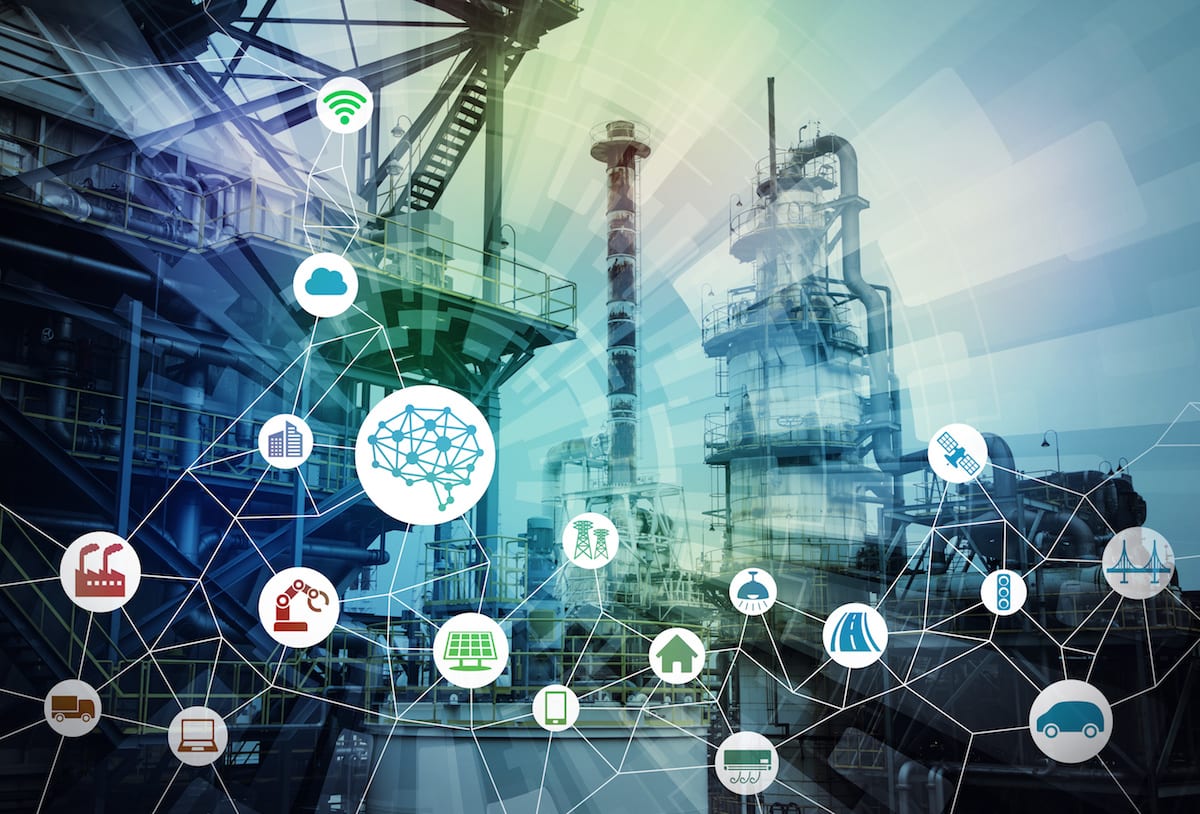By Eliza Davies
The 20th Century is remembered as the age of machines where gas turbines, internal combustion engines, and electric motors were the next big thing.
The arrival of the 21st Century marked the beginning of the digital age.
The digital age, also known as the informative age, marks the shift from machine-driven and traditional analog electronic technology to information technology, where computers are heavily used in storing, receiving, transmitting and in manipulating data.
There has been tremendous growth in digital age, and one such result is the introduction of Artificial Intelligence (AI). AI is no more a fantasy restricted just to sci-fi novels and movies. It is happening in the real world and is already reshaping innumerable Industries.
What is Artificial Intelligence (AI)?
Artificial intelligence is the science and engineering of creating smart computers that can mimic human intelligence and can control other computers autonomously. AI is the result of the amalgamation of various disciplines including psychology, computer science, biology, and linguistics are a few to mention. AI is being used heavily in gaming, vision systems, speech recognition, natural language processing, expert systems, robotics, etc.
How is Artificial Intelligence reshaping industries?
AI has proven itself as a great disruptor and is bringing radical changes in various sectors. It is helping the financial industry in dispersing loans, BPO industry in enhancing customer interaction, Retail industry in improving online business, the automobile industry in designing and in manufacturing, education sector in developing educational software.
Although AI is helping industries in increasing their efficiency and in reducing the time involved in managing data, all of its results are not favorable. Since the introduction of AI, a large number of jobs has been automated. This is badly affecting job seekers as the demand for skilled workers is waning.
Data Management
Every day an enormous amount of data is created. In the last couple of years, 90% of world data at present was built. Social media, digital services, IoT and communication, are a few factors to mention that generate the majority of the data. This data needs to be appropriately managed. Managing information resourcefully will ensure that critical data is never lost and will save you from facing the awful results that come with losing vital data.
To avoid the loss of data, big firms hire professional for data management. The hired professional perform the task of data entry, by manually entering data using the electronic medium. This whole process of entering data is a tedious and time-consuming task.
Registering information manually has its drawbacks. It is an expensive and inherently slow process; also the chances of data entry errors and data inaccuracy are large. That is why the need for an alternative quick way upsurge.
Artificial Intelligence with the combined effort of cloud computing, Internet of Things and Machine Learning are disrupting the data management sector. They are playing a significant role in speeding the accuracy and speed of data entry processes.
The Role of Artificial Intelligence in Transforming Industrial Data Management Process
AI is empowering data entry to become more responsive, safer and faster.
1. AI in Healthcare
Computers are slowly taking over the jobs in every industries and healthcare is no exception. Advanced applications of technology like AI, machine learning and automation are making a positive impact in the healthcare sector. It is estimated that about 90% of companies are employing AI in health care in managing records, re-formatting, tracing, and storing data.
AI can also be used in analyzing routine tasks and other tests like CT scan, X-rays and other reports of a patient. Allowing AI in managing data will help in providing customized treatments for patients, something which was not possible in the past due to inadequate data management. It is expected that by 2020 healthcare companies will be spending more than $60 million on employing AI.
2. AI in Manufacturing
Currently, we are going through fourth industrial revolution (4IR) in which disruptive technologies and trends like robotics, artificial intelligence, virtual reality, quantum computing, industrial internet of things (IIoT), etc. are changing the way we live and work.
Manufacturers are producing thousands of TBs of data every day. This data is priceless to manufacturers and requires immediate attention, proper storage, and accessibility when need. According to a recently recognized analyst report, organizations are believed to suffer a waste of 27% of their revenue due to inaccurate data management.
Accepting AI and Machine Learning will help manufacturing industries in improving their data management and in wiping out the loss of income.
3. AI in Real Estate
It is hard to imagine what role AI can play in real estate since most of the real estate work is done in the physical world. But despite all the odd circumstances, AI has managed to create a ripple in real estate too. AI is helping brokers in handling large data of legal papers, property appraisal reports, sales details, ownership history, zoning regulations, etc.
Digitalization of documents has empowered real estate owner in increasing the productivity and efficiency of their business by a certain degree. AI plays a significant role in getting leads as it analyses historical sales reports and identifies properties that are most likely to sell. It also assists in determining the right value of a property by scrutinizing the latest trends and stories.
These are a few applications of how AI is disrupting industries and leaving a mark in our world. And in the coming future, the impact of AI is only going to escalate.

